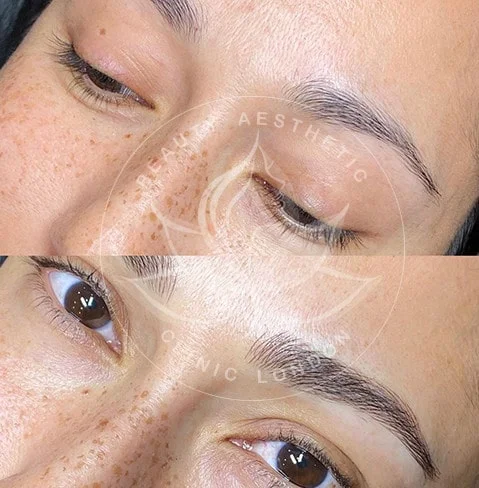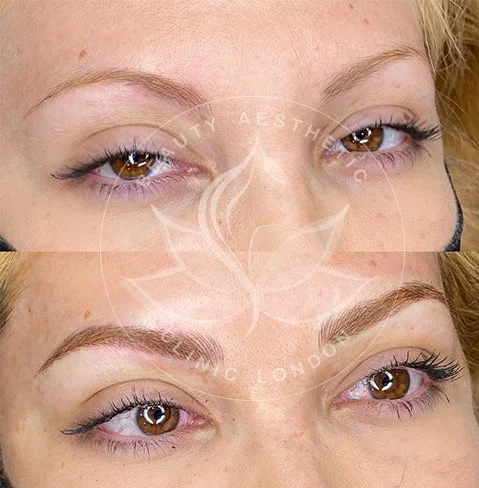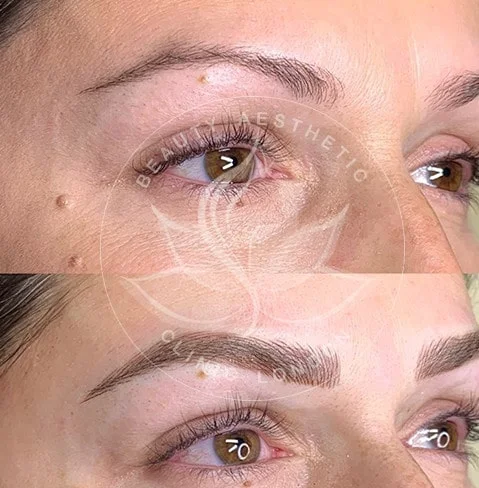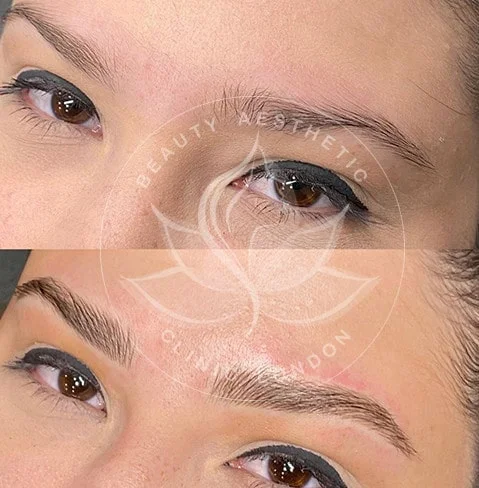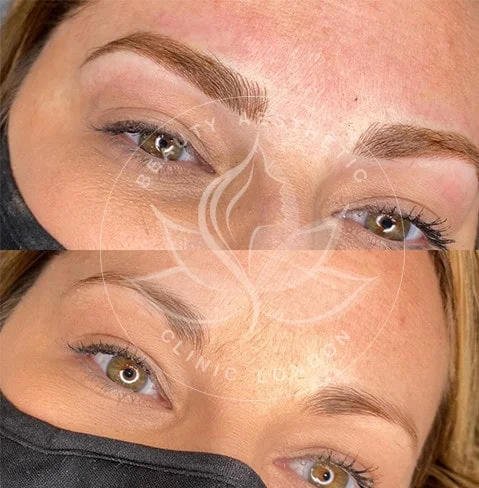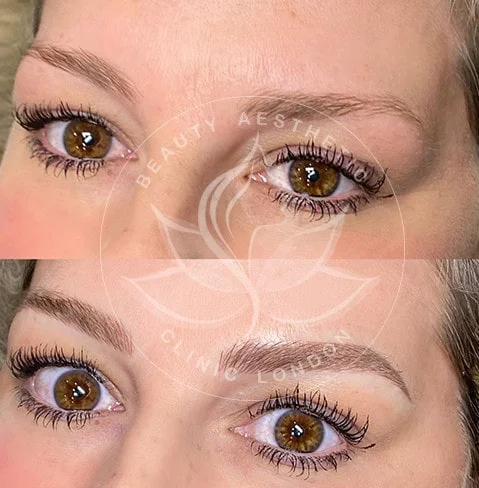1. Individuals with Blood Disorders: People with blood clotting disorders, such as hemophilia or thrombocytopenia (low platelet count), may not be suitable candidates for PRF therapy. These conditions can affect the ability of PRF to function properly, as the treatment relies heavily on healthy platelets and proper blood clotting mechanisms.
2. Patients with Active Scalp Infections or Skin Conditions: If you have an active scalp infection, such as folliculitis, or chronic skin conditions like psoriasis or eczema in the area to be treated, PRF therapy may not be advisable. Introducing PRF into an infected or inflamed area could worsen the condition or spread the infection.
3. Immunocompromised Individuals: Patients with compromised immune systems, whether due to conditions like HIV or the use of immunosuppressive drugs, may not respond well to PRF treatment. Their bodies might not be able to utilize the regenerative properties of PRF effectively, reducing the potential benefits of the treatment.
4. Cancer Patients: Individuals with active cancer or those undergoing cancer treatment are generally advised against PRF therapy. This caution is due to the potential risk of stimulating unwanted cell growth, as PRF contains growth factors that could theoretically influence cancerous cells.
5. Pregnant or Nursing Women: Although PRF is a natural treatment, it is typically not recommended for pregnant or nursing women. The effects of PRF during pregnancy and breastfeeding have not been thoroughly studied, so it is best to avoid the treatment during these periods.
6. Individuals with Advanced Hair Loss: PRF treatment is most effective in the early stages of hair loss, where hair follicles are still active but may be weakened. For individuals with advanced hair loss or baldness, where hair follicles are no longer viable, PRF may not be effective. In such cases, surgical options like hair transplantation might be more appropriate.
7. Those with Unrealistic Expectations: PRF hair loss treatment, while effective, does not produce instant results, and the outcome can vary based on individual factors. Those expecting immediate or dramatic changes may be disappointed. It’s important to have realistic expectations and understand that PRF is a gradual process that supports hair regrowth over time.
Conclusion: While PRF hair loss treatment is a promising and natural option for many people, it is not suitable for everyone. Individuals with certain medical conditions, active infections, or unrealistic expectations may not be ideal candidates for this therapy. Consulting with a qualified healthcare provider or dermatologist is essential to determine if PRF is the right option for you. By understanding who is and isn’t a suitable candidate for PRF, you can make an informed decision about your hair restoration journey.







